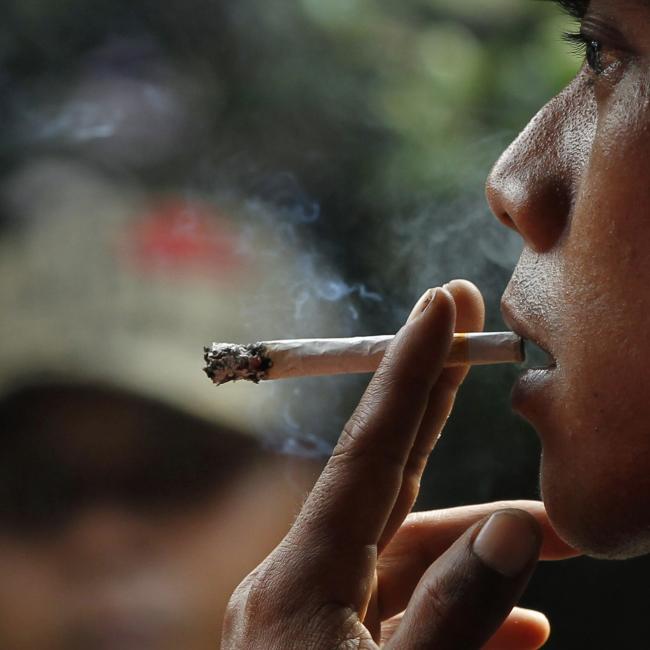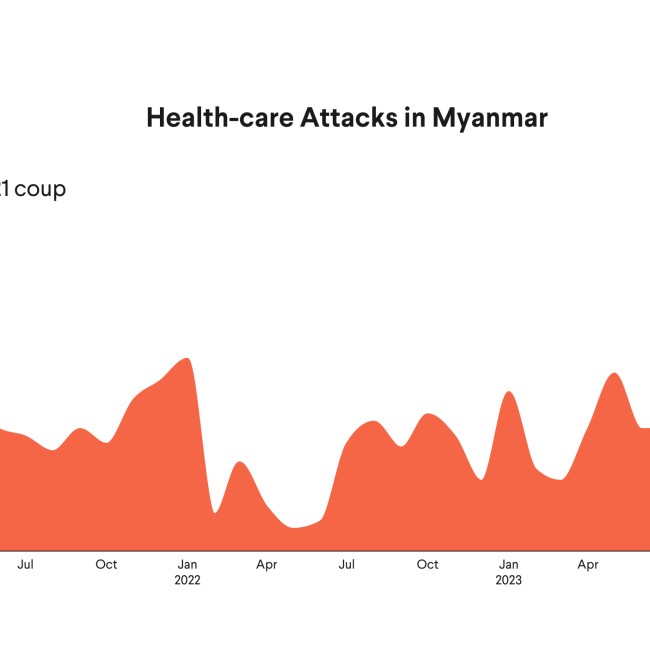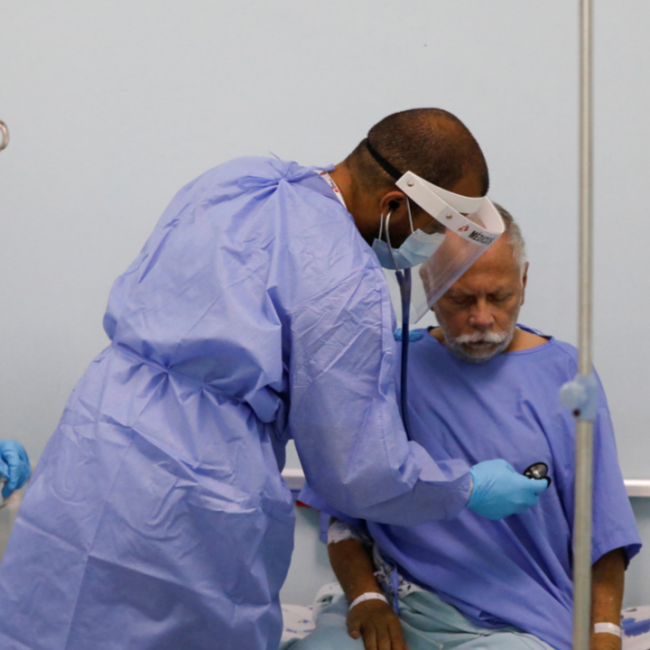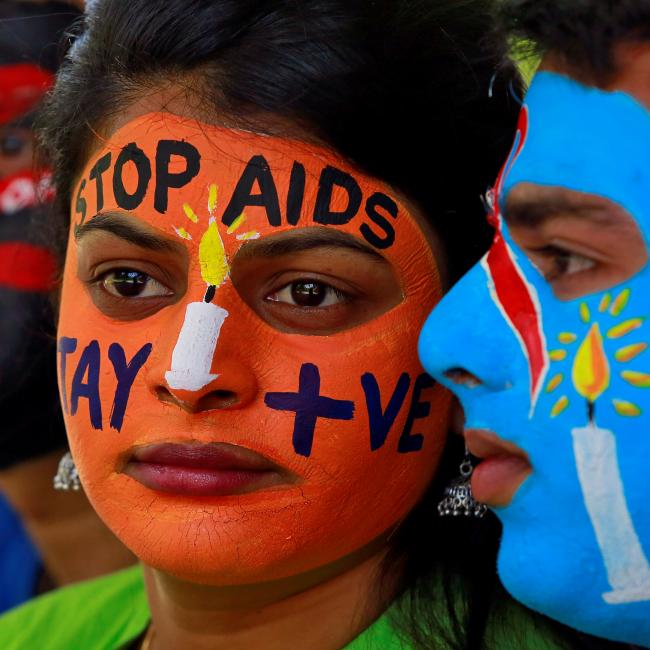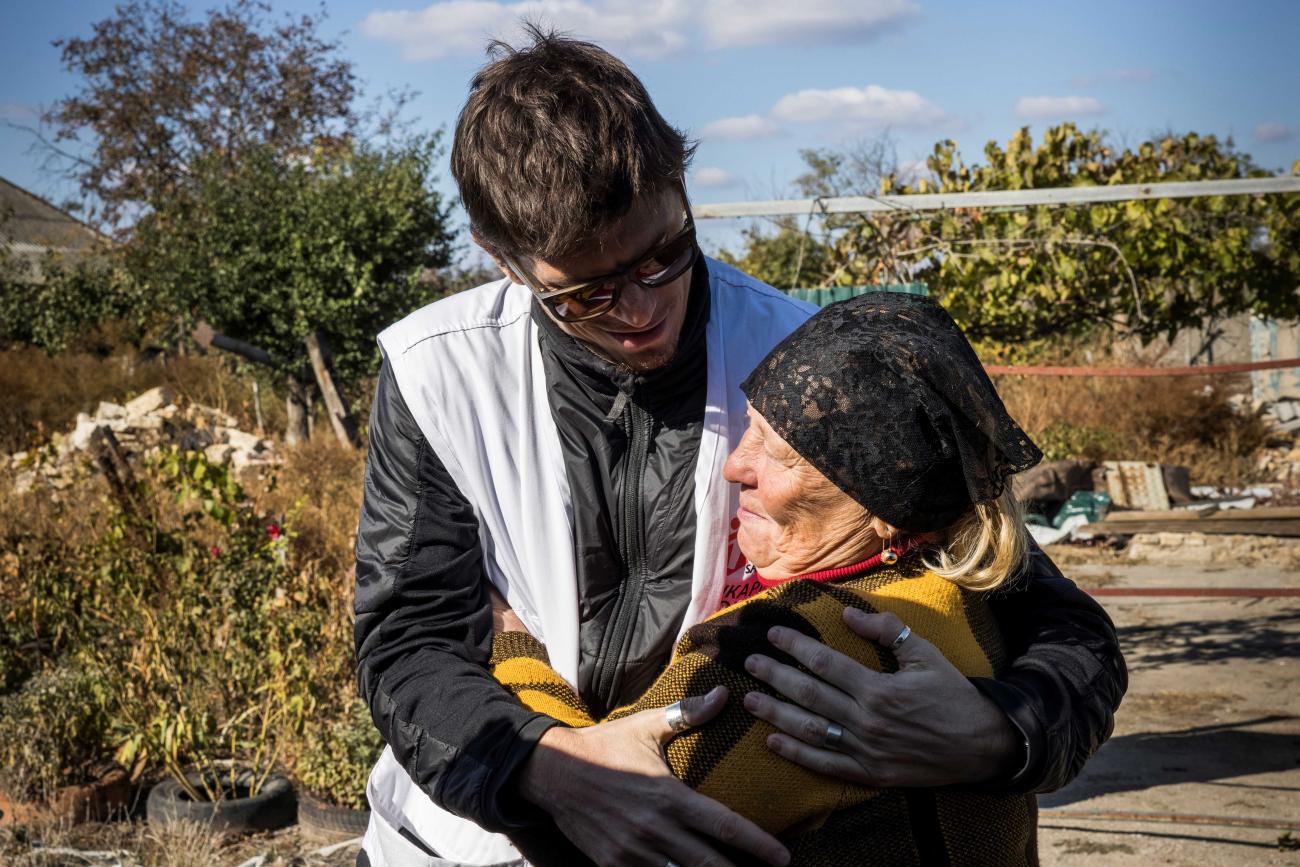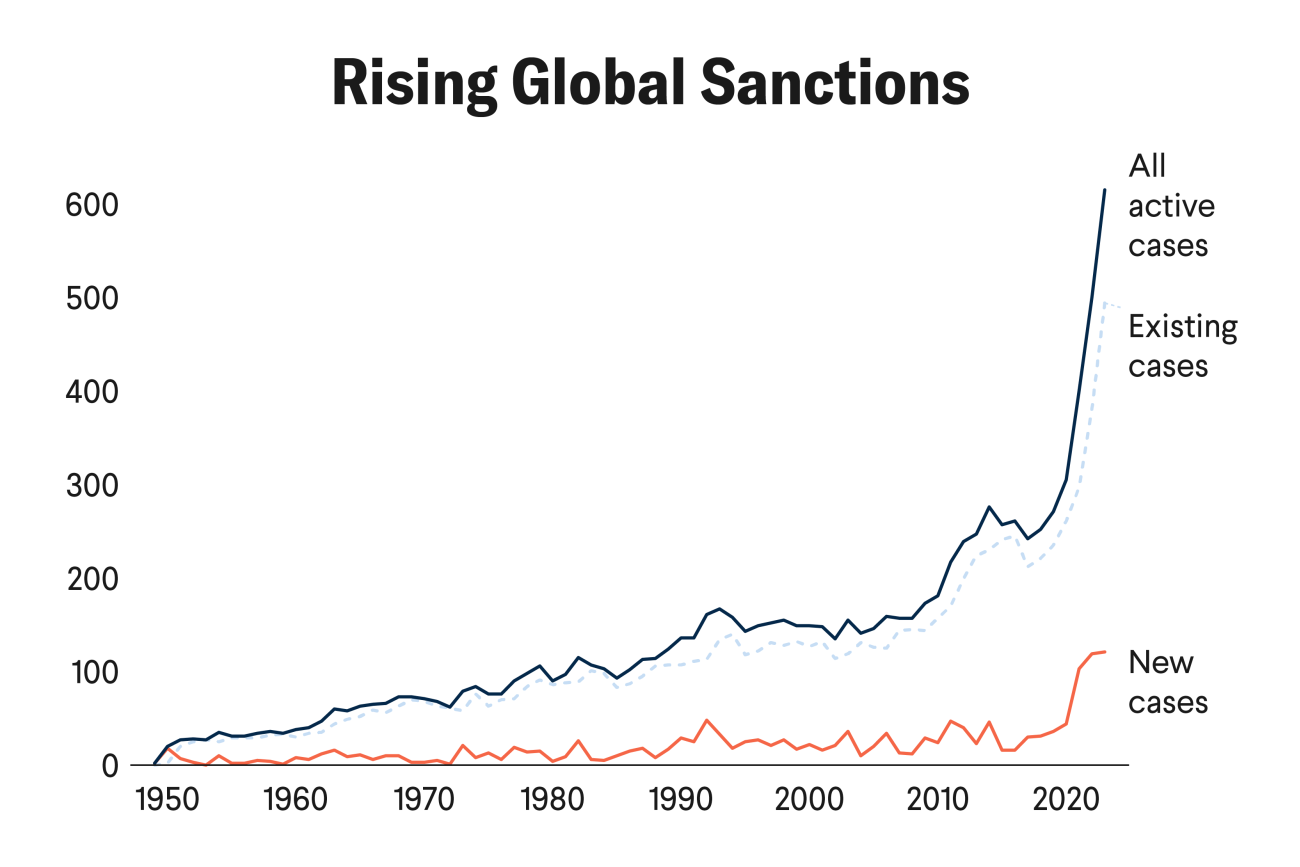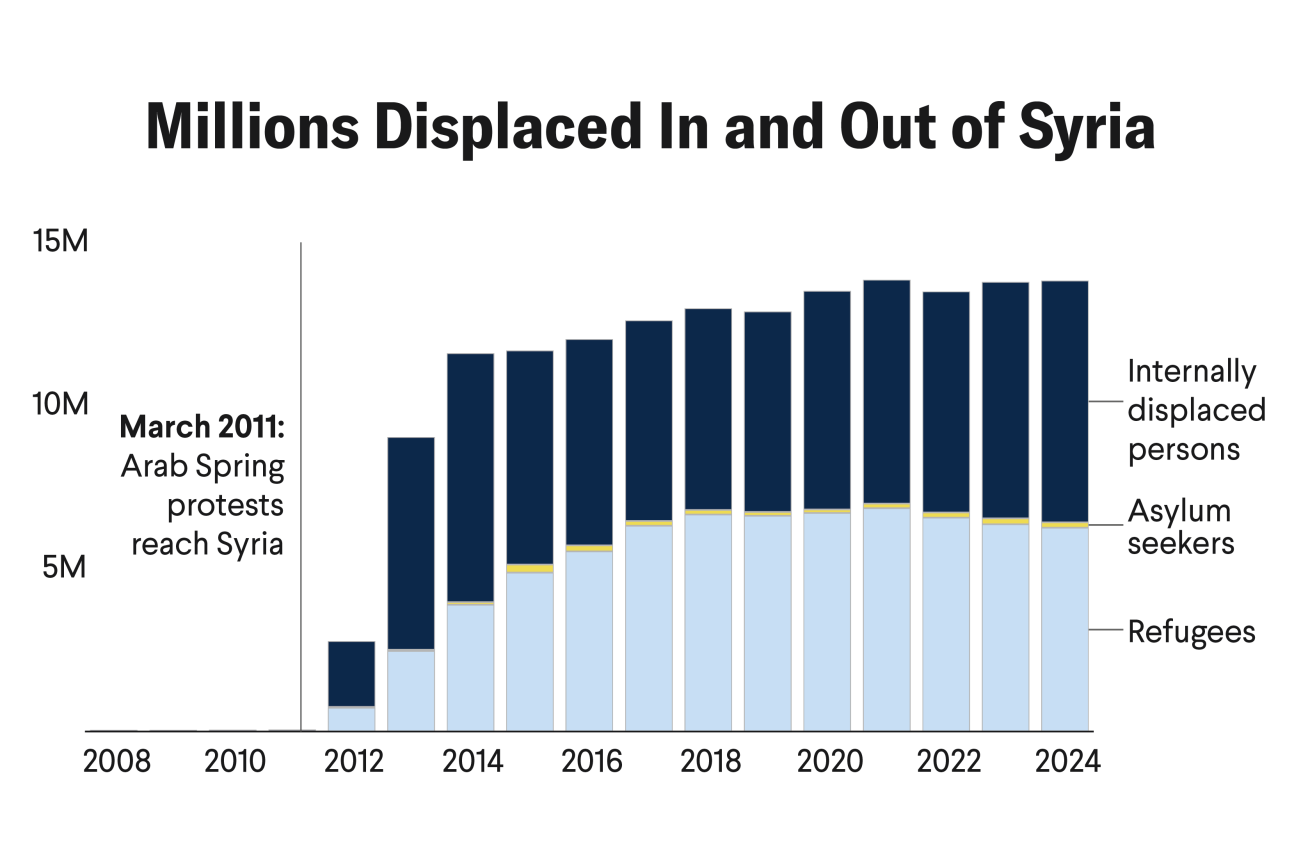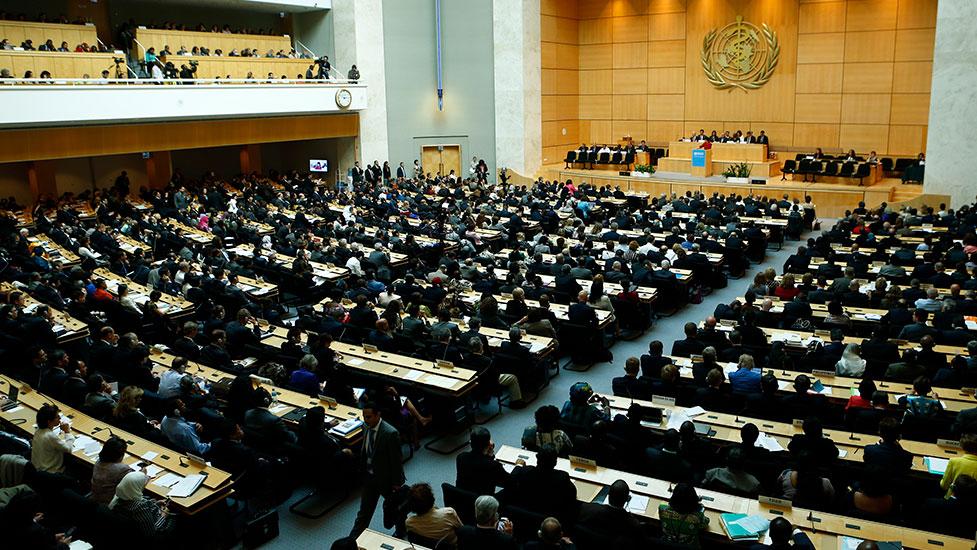
Governance
There is a new world of challenges for global health governance, with shifting donor priorities and evolving health needs in many low- and middle-income nations. This section offers an inside look at the ways in which global health governance is adapting to these changes, with a focus on the institutions, rules, and processes that govern the health of people across the world
Governance
$6.5 B
In 2024, USAID provided $6.5 billion in humanitarian assistance to sub-Saharan Africa
1 in 127
An estimated 1 in 127 people were on the autism spectrum in 2021
1.2 M
More than 1.2 million people across the globe died of antibiotic resistant superbugs in 2019
70%
More than 70 percent of adult men smoke in Indonesia
1,200
Nearly 1,200 attacks on health-care workers and facilities have taken place in the three years since the coup
37 Million
In 2019, there was a shortfall of 6 million doctors and 31 million nurses and midwives worldwide
3.3 Times
Where there was trust in local health workers people were 3.3 times more likely to wear a mask during COVID
9.3 M
In 2021, 9.3 million people lost their jobs across Southeast Asia
800,000
More than 800,000 people still die each year due to HIV
61 M
In 2019, the United States spent $61 million on NCD development assistance
Featured
A WHO Director on the Future of Polio Eradication
Hamid Jafari, the World Health Organization's polio chief for the Eastern Mediterranean, discusses funding post-USAID
U.S. Cuts to Ukraine's Foreign Aid Hit Health Workforce
Ukraine, with $1.4 billion curtailed, is the single biggest loser of U.S. foreign aid
Expanding Medical Oxygen Access Without U.S. Foreign Aid
Oxygen can be a pathfinder for a new global health era when national governments sit in the driver's seat
Transparency Misinterpreted: CDC Vaccine Policy and Conflicts of Interest
A former CDC director says the idea that the agency’s vaccine advisors profited from their recommendations is a fallacy
The Discomfort of Working Ourselves Out of Global Health
After 24 years, a public health worker grapples with questions of power, inequity, and purpose in global health
Health and Science Diplomacy Protects Everyone
A former State Department employee outlines the value of international collaboration on health and science
The Civilian Health Costs of Aid Sanctions
A new study examines how aid sanctions deepen global health inequality
Global Health Governance in the Age of AI
National security agencies and tech regulators are rapidly developing governance for AI and biotechnology
Authoritarianism and the Genetics of Trauma
A Syrian American global health scholar reflects on generations of trauma after decades of Assad dictatorship
U.S. Soft Power: Next Steps After the Foreign Aid Withdrawal
A former White House official on the future of advancing strategic interests while saving lives and growing economies
Mirror Life: Addressing a Potential Biothreat
The first international conference on mirror life will take place at the Institut Pasteur in Paris in June
As Foreign Aid Lags, Regional Health Agencies Come to the Fore
Regional organizations are well positioned to harmonize disease surveillance systems and serve as hubs for knowledge
Gain of Fiction: How COVID Origins Motivated Defunding of U.S. Science
Defunding scientific research in the United States has halted disease cure studies amid multiple infectious crises
World Health Assembly: Why Multilateralism Needs More Than Solidarity
WHO member states should cooperate to address health challenges and preserve the institution without the United States
Where Iran and Israel Align: Youth Tobacco Use
Despite efforts to curb tobacco use in both countries, smoking rates among children and teenagers are on the rise


